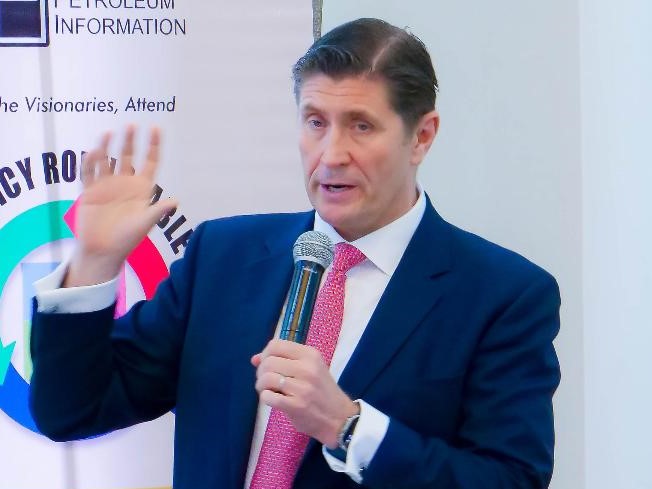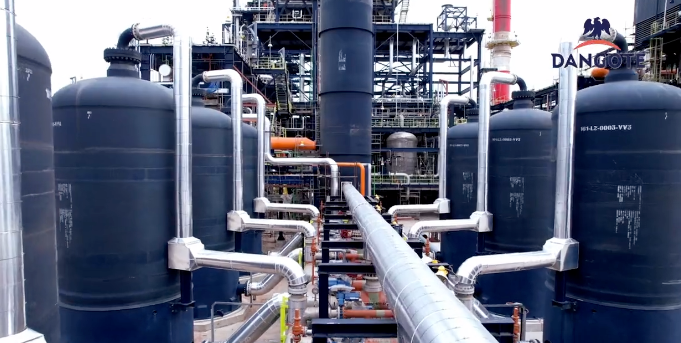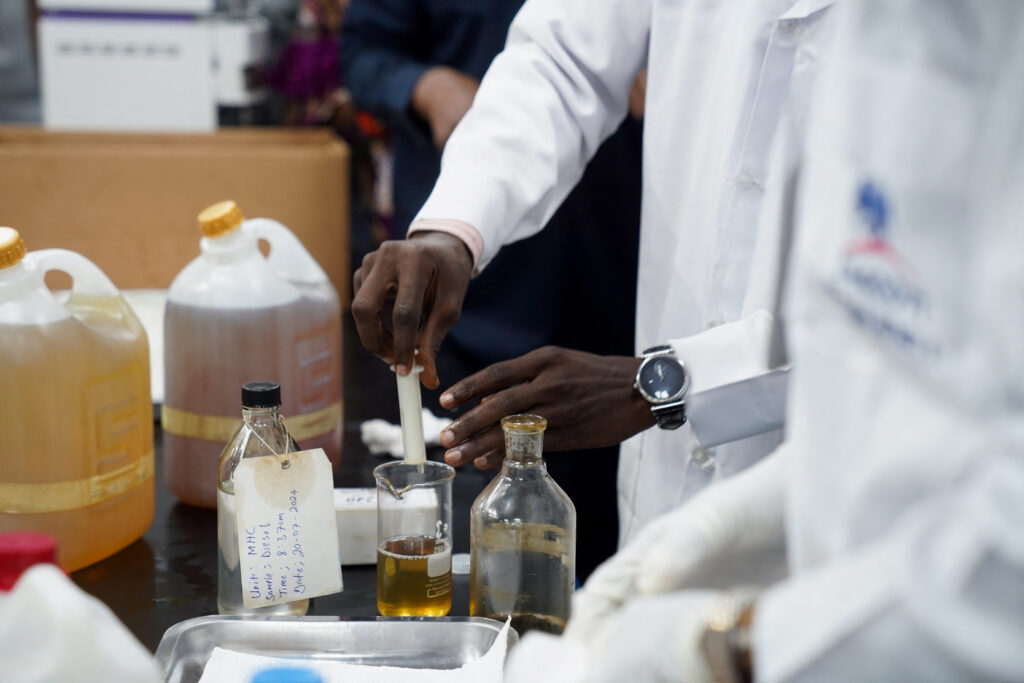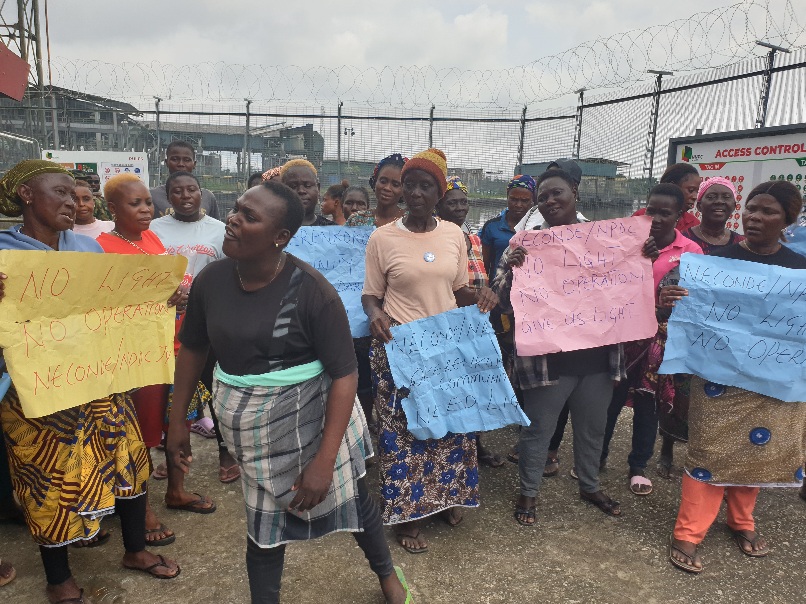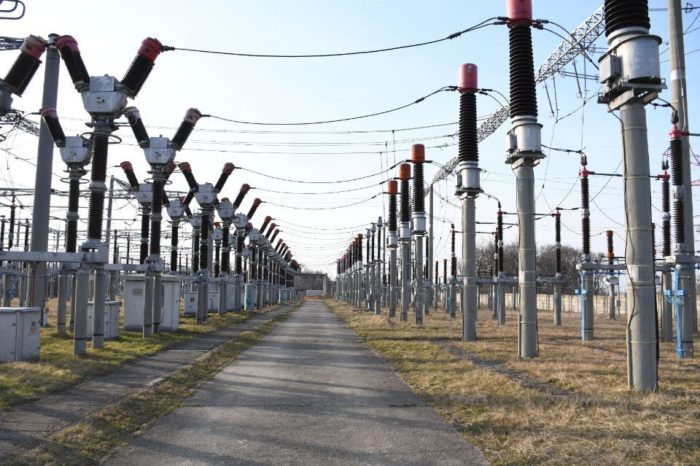PMS price-fixing: Govt. introduce pricing framework after subsidy removal, as FCCPC makes plan to protect consumers
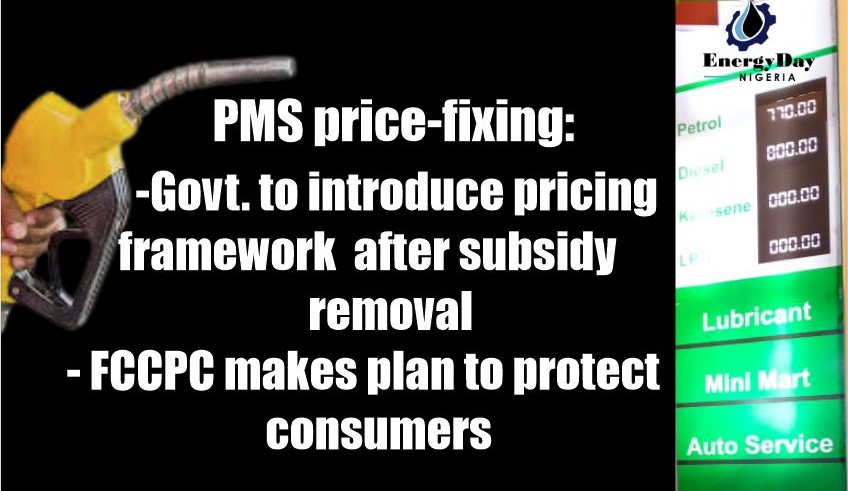
Oredola Adeola
As the Nigerian Government concludes the plan to embark on the full deregulation of the downstream sector of the petroleum industry, the Nigerian Midstream and Downstream Petroleum Regulatory Authority (NMDPRA), and the Federal Competition and Consumer Protection Commission (FCCPC) have made commitment to protecting the interest of consumers against exploitation and anti-competitive practices of oil marketers that could result in Premium Motor Spirit (PMS) price-fixing.
The NMDPRA and FCCPC made this known at the virtual workshop with the theme: “Deregulation of the Nigerian downstream sector: The day after” put together by the Nigerian Petroleum Downstream Industry, in collaboration with the African Refiners and Distributors Association in Lagos.
In a presentation, Farouk Ahmed, Chief Executive, Nigerian Midstream and Downstream Petroleum Regulatory (NMDPRA), disclosed that the Authority is committed to establishing an effective post-market monitoring and evaluating system that ensures prices of petroleum products including petrol are a true reflection of the market forces.
According to him, we will ensure that market deregulation objectives are achieved and sustained in reasonable and affordable manners.
The ACE revealed the plan to establish market performance metrics after the full removal of the subsidy on petrol, being part of the pre-deregulation strategy that the Authority proposed to deploy to guarantee an effective post-subsidy market,
He said, “We shall identify areas of market risks, such as the possibility of price increases, reduced competition, or decreased quality of service.
“We will be reviewing the regulatory framework to identify any gaps that may require updates to ensure the post-subsidy market remains fair to all customers and competitive to all operators.
He also emphasised that the Authority will be committed to striking the balance in a fully deregulated market regime, adding the protection of consumers of petroleum products in the country would be a major priority.
Francis Ogaree, ED, Hydrocarbon Processing Plants, Installations and Transportation Infrastructure, NMDPRA, while corroborating the statement of the ACE revealed that Part IV sections 31 and 32 of the Petroleum Industry Act(PIA) 2021 empowers the Authority to enforce pricing framework and benchmark for every petroleum product.
He said, “Section 32(y) of the PIA provides the power for the Authority to monitor the application of pricing formula in a deregulated market.
Ogaree however noted that while the Authority will not be responsible for determining the prices of the products, it would be committed to the application of the pricing formula to protect the customers.
He said, “NMDPRA will ensure that price is fair and reasonable and that companies do not engage in price gouging or other unfair pricing practices.
“We will also prevent companies from exploiting consumers by providing quality products and services,
He also emphasised the need for operators to comply with the regulations, noting that the Authority will not mind enforcing penalties on defaulters where necessary.
Mrs. Morayo Adisa, Technical Consultant to the Executive Vice Chairman/CEO of FCCPC in her presentation disclosed price gouging by marketers during post-deregulation will be measured against what is considered reasonable and fair pricing.
She said, “Global hike in product prices has also raised concerns of price gouging among regulators globally, provoking both competition and consumer protection interventions.
“From a consumer protection standpoint, FCCPC by Section 17(s) of the Federal Competition and Consumer Protection Act (FCCPA) 2018, classifies price gouging as an unscrupulous exploitation of consumers by companies, firms, trade associations, or individuals.”
“Concerns of price gouging could raise suspicion of cartel conduct or the abuse of a dominant position.
She revealed that Government can implement measures to regulate the prices of products and services in the downstream sector such as setting maximum retail prices or implementing price stabilisation mechanisms.
While emphasizing that the FCCPC is committed to price control in a deregulated market, she revealed that protecting consumers’ interest in the downstream sector requires a collaborative effort from the government, industry stakeholders, and consumers themselves.
She said, “Petroleum products consumers in Nigeria can have access to safe, reliable, and affordable products when we implement regulations and policies industry standards, and consumers education initiatives.

